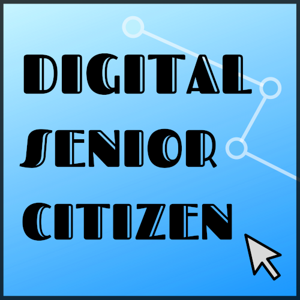The project focuses on adult education and well-being of seniors aged 65 and over. These persons are at unfavorable situation in terms of digital skills because while younger generations acquire these skills practically from their childhood, older persons did not have the opportunity like that simply because computers and the Internet did not exist when they grew up and digital competences were not included in their educational paths. Even those who graduated the universities are among the low-skilled in the field of digital literacy. This fact severely limits their lives, preventing them from taking full advantage of the time spent in retirement. Moreover, the most attention is now paid to education of young people, and when computer classes for seniors are organized, they are usually not tailored in any way to the specific needs of this target group. They’re basic and technical, just like any other beginner’s computer science class, no matter what their age or ability is.
Project goals:
- extending the competences of adult educators by preparing open educational resources (OER) containing an innovative, tailored to the needs of the “Digital Life” education course,
- broadening the competences of adult educators by providing them with the Digital Story Telling methodology to train students at unfavorable situation, in particular seniors,
- developing open educational resources (OER) adapted to the needs of adult educators and seniors in order to support the development of digital skills of both groups,
- disseminating the results with the aim of reaching as many adult teachers and seniors as possible across the European Union.
The project developed the following results:
- “Digital Life” course for adult educators, as an Open Educational Resource (OZE) [5 modules]
- “Digital Life” course for seniors, as an Open Educational Resource (OER), [3 modules that will help listeners feel more confident in the daily use of ICT]
- Handbook for adult educators “How to Conduct Digital Life Training”.
Project implemented in partnership: MITRA FRANCE (France – coordinator), Eesti People to People (Estonia), Danmar Computers (Poland), CESIE (Italy), Centre for Education (Spain) and UNIVERSITY OF THESSALY – UTH (Greece).
The project is co-financed under the Erasmus+ programme of the European Union.
Source: https://dsc.erasmus.site/pl/
Access date: 31.03.2022

